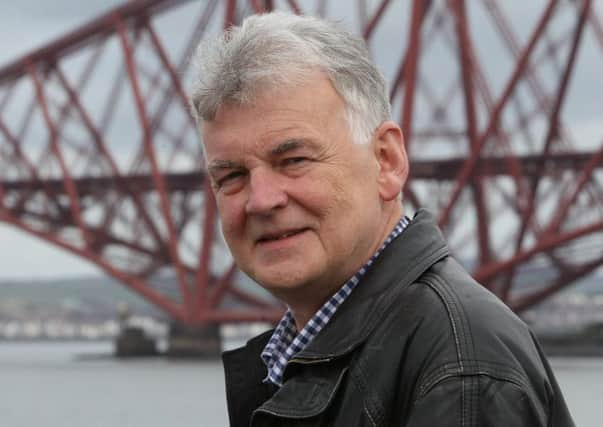The Corporation Wars - Insurgence by Ken MacLeod


There is certainly a world elsewhere in MacLeod’s trilogy: SH-0, a “superhabitable planet light years from Earth” and the bone of contention between various factions. SH-0 is the equivalent of Mayfair or Park Lane on this extrasolar Monopoly board. In the previous volume, Dissidence, we learnt that the Direction, Earth’s seemingly unitary government which emerged from the clash between the Acceleration, a movement committed to super-charging capitalism in order to get over it and beyond into utopia, and the Reaction, its obverse and inverse, was more than slightly concerned that some of its remote robots had developed self-awareness. The only way to deal with these renegade artificial minds was to send their own forces against them; war criminals whose consciousness could be uploaded into, basically, drones. Far from earth, emergent intelligences and resurrected sentiences are fighting over bits of rock, and who might own them.
Except when they are in their own virtual worlds. Much of Insurgence takes place in an Acceleration simulation, which is modelled on every bad fantasy trope of the past 50 years: imagine plotting to re-imagine the future in a dreamscape faintly reminiscent of Terry Brooks’ The Sword Of Shannara. Given they were all enthusiastic gamers in their former lives, the parodic fantasy of this is both a critique and a sanctuary; a place of tallow candles and tamed dinosaurs, leather breaches and house elves. It allows one of MacLeod’s most persistent themes to emerge. Why, if you can create an artificial paradise, would anyone be bothered with mineral deposits in space anyway? The Acceleration and the Reaction forces have this in common: they want to be real again. In the novel’s finest and most troubling scene, one of the leaders of the Acceleration sympathisers tempts her troops with a philosophical dilemma. In their virtual realm, they can wound, maim and kill the created creatures therein. But will they eat one? Is virtual cannibalism still cannibalism?
Advertisement
Hide AdWhile the “humans” debate whether they might lose their humanity thanks to humanity’s innovations, the robots are thinking about the law and independence. One individual, BSR-308455 – who mordantly remarks it is probably going to be called Baser – disagrees with the other mechanical intelligences, particularly about the fact it feels it “owns” the asteroid it has been exploring and exploiting. The robots have to determine to what extent disagreement between them is allowed. It is a neat touch; especially given one of the legal corporations takes its name from the philosopher who posed many of these questions, John Locke.
I have said before that MacLeod poses the most fascinating moral, philosophical, political and theological problems in contemporary science fiction. I have neglected to say how funny he is – stretching ideas to their breaking point, gleefully finding the absurdity in the reductio ad absurdum. As one slogan has it for the continually uploaded minds, “die for the company, live for the pay”. This capacity for wryness does not detract from the issues the novels pose. The “human” consciousnesses have their own ideological leanings, and MacLeod poses a version of the Fermi Paradox (given how many galaxies and solar systems there are, if extra-terrestrial life is a probability, why haven’t they been in touch yet?). His version is subtler: given humanity has been evolving for centuries, why does it seem to have stagnated? Is the Direction actually a brake on becoming as gods, whether virtual or robotic, or becoming indolent innocents in a post-scarcity society, a return to a kind of plentiful Eden? With the machine intelligences already operating as a third term between the dichotomy of the Reaction and the Acceleration, MacLeod ups the ante by introducing another post-human problem. What if SH-0 has already evolved its own life?
To complement Carlos the Terrorist in the first book, we now have a parry to him in Harold Isaac Newton, who back in the days of proper conflict was an internet troll and ineffectual terrorist with the pseudonym Carver_BSNFH. When you get the reveal of what his online handle is an acronym for, it’s both shocking and hilarious. Harold and Carlos are both negotiating the nature of their future worlds. Both don’t believe that the Direction is a Fukuyama-style “end of history”, but they have competing views of what humanity, or sentience, might be or become. These ideologues circle each other suspiciously in the olde worlde fantasia, acutely aware that their differences might be less important that the ideas from which they both differ.
The final volume of this trilogy will, I hope, secure MacLeod’s reputation as one of our most stimulating and provocative writers. As much as his factions outflank each other in zero-g dog-fights, they out-think each other at the same time. It is, in every sense, spectacular.
*The Corporation Wars - Insurgence by Ken MacLeod, Orbit, £12.99